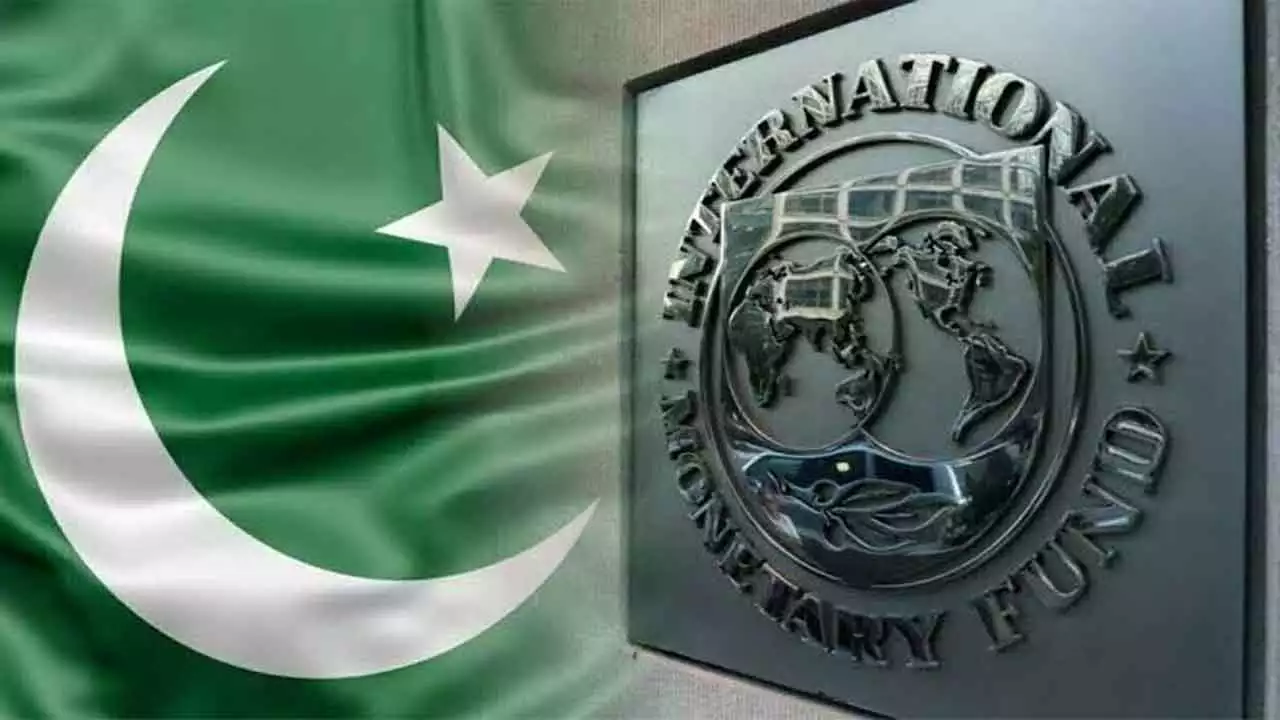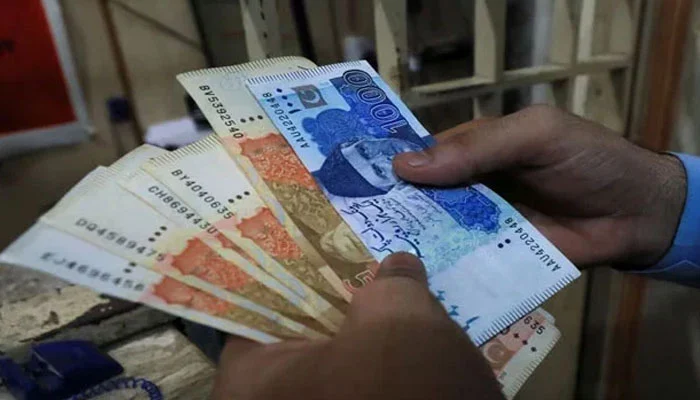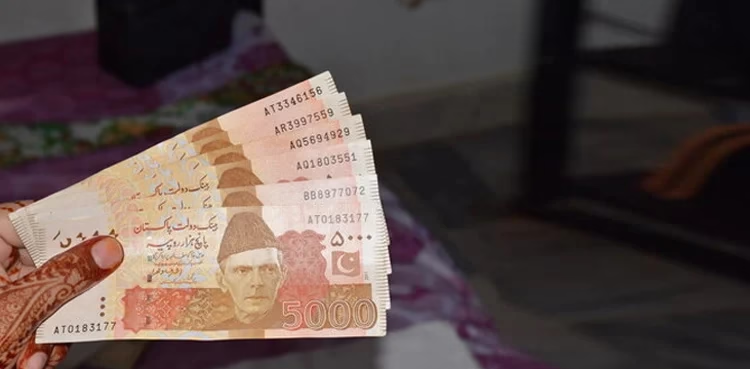Pakistan has reaffirmed its dedication to meeting the terms of the International Monetary Fund’s (IMF) $7 billion loan program during a comprehensive discussion session with the IMF mission. Federal Finance Minister Muhammad Aurangzeb, provincial governments, the Federal Board of Revenue (FBR), and other stakeholders participated in critical deliberations focused on tax reforms, external financing, and economic sustainability.
Key Discussions and Outcomes
The session, held on the final day of the IMF mission’s visit, highlighted Pakistan’s efforts to strengthen its economic framework. According to sources, Pakistan has achieved partial success in agricultural tax collection, a long-standing issue in the country’s tax system.
Commitment to External Financing
The government assured the IMF of its arrangements for external financing, which remains a cornerstone of the country’s economic stabilization plan. The IMF, in turn, emphasized the importance of meeting annual tax targets, improving agricultural tax collection, and ensuring compliance with the loan agreement.
IMF’s Questions and Concerns
During the session, the IMF delegation raised critical questions with provincial representatives, focusing on:
- Property Price Trends:
The IMF reviewed property prices in various cities, indicating concerns over transparency and taxation in the real estate sector. - Food Security:
Ensuring food security amidst economic reforms remains a key area of focus for the IMF. - Tax Legislation:
The IMF stressed implementing the National Financial Agreement and expediting the legislation for a 45% super tax on agricultural income in provinces beyond Punjab.
Potential in Agriculture and Livestock
The session underscored Pakistan’s untapped revenue potential in agriculture and livestock. Experts estimate tax revenue of up to 2,300 billion rupees from these sectors, but current collections fall far short of this figure.
The Ministry of Finance presented revised statistics showing progress on the provincial surplus budget. For the first quarter of the current fiscal year, the target set under the IMF agreement was 342 billion rupees, while the actual provincial surplus reached 360 billion rupees.
Innovative Approaches to Taxation
To achieve the annual tax target of 12,970 billion rupees, Pakistan has introduced innovative measures, including the deployment of a monitoring software called Digital Eye. This technology will monitor production activities in factories, enhancing transparency and efficiency in tax collection.
The Chairman of the FBR and other officials provided a detailed briefing to the IMF mission, outlining strategies to meet tax targets and formalize the economy.
Agricultural Tax Collection: A Focus Area
The government is taking significant steps to improve agricultural income tax collection, particularly following the model adopted by Punjab. The IMF emphasized implementing these reforms across all provinces to increase revenue and ensure equitable taxation.
Challenges Ahead
While progress has been made, achieving the ambitious tax targets remains a daunting task. Key challenges include:
Broadening the Tax Base:
The current tax collection system excludes significant portions of the population and sectors, particularly agriculture and real estate.
Legislative Bottlenecks:
Delays in implementing tax-related legislation could hinder the government’s ability to meet IMF requirements.
Food Security Concerns:
Addressing food security while balancing fiscal discipline is a critical challenge for policymakers.
Commitment to Reform
In a farewell meeting with the IMF delegation, Finance Minister Muhammad Aurangzeb reiterated Pakistan’s commitment to the loan program. He emphasized the government’s resolve to take all necessary steps to ensure compliance with IMF conditions, particularly in tax collection and fiscal management.
Future Engagements with IMF
The IMF mission is expected to return to Pakistan in February-March 2024 for the first economic assessment under the $7 billion loan program. This visit will evaluate Pakistan’s progress in implementing agreed-upon reforms and achieving economic stability.
The recent discussions between Pakistan and the IMF mark a significant step in the country’s journey toward economic recovery. By addressing longstanding issues in tax collection, ensuring external financing, and leveraging technology like Digital Eye, Pakistan aims to meet its fiscal targets while fostering economic transparency.
However, sustained efforts, legislative action, and broader economic reforms will be crucial in overcoming challenges and maintaining the IMF’s confidence. As Pakistan prepares for the next round of assessments, the focus remains on delivering results that align with both domestic needs and international commitments.



